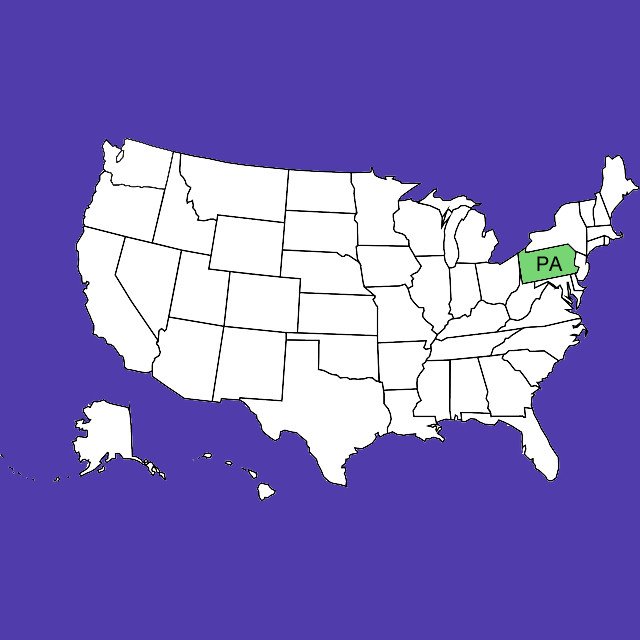Authored By: William F. McDevitt, Esq.
In early April, Pennsylvania’s Medical Marijuana Advisory Board (Board) delivered a report to the Department of Health (DOH) recommending changes to the medical marijuana program. Among the proposed reforms – recognizing additional medical conditions as cannabis-treatable (neurodegenerative diseases, dyskinetic and spastic movement disorders, opioid addiction treatment and terminal illness), allowing physicians to opt out of DOH’s public registry, and allowing licensed dispensaries to sell cannabis in dry leaf and flower form.
The Board’s recommendation to allow leaf and flower cannabis is both ambitious and predictable. In 2016, Governor Tom Wolf signed the Medical Marijuana Act (MMA). That same year, parallel proposed legislation seeking to legalize adult-use or “recreational” marijuana failed. The Pennsylvania Legislature attempted to avoid stigmatizing the medical marijuana program by focusing on medical treatment and statutorily prohibiting practices associated with “pot.” The MMA requires physician participation, patient and physician registration, medical research and statistical studies. The sale of dry leaf, flower or edible cannabis is prohibited, as is the smoking of cannabis in any form. Pills, tinctures, oils, topicals and vaporizable liquids are the only permissible forms of medical cannabis and only when bearing DOH-approved labeling.
The “pot” stigma continues on a local level. Many licensed grower/processors and dispensaries have faced opposition from local zoning boards, forcing several to relocate. Dispensaries may face renewed opposition from municipalities if they are permitted to sell cannabis in leaf and flower form. It is also anticipated that local police departments will oppose the sale of medical leaf and flower cannabis, which would be visually indistinguishable from illegal cannabis.
But change may be unavoidable. Of the 29 states that have enacted medical marijuana laws, only Minnesota and Pennsylvania prohibit the sale of dry leaf or flower cannabis (though New York, Ohio and West Virginia presently prohibit the smoking of medical cannabis). Since February 2018, licensed dispensaries have delivered cannabis, cultivated and processed in the Commonwealth, to certified patients in Pennsylvania. Patients have complained about high prices for processed cannabis, which is not covered by insurance. Although more grower-processor, dispensary and clinical registrant licenses are expected to be awarded by the end of this year, dispensaries have reported problems maintaining stock in the face of patient demand.
Leaf and flower cannabis is cheaper to produce than the processed forms presently allowed under the MMA. The lack of processing allows the product to move faster from cultivator to patient. Research has not yet ruled out the possibility that processing may remove compounds that could be beneficial in treating certain medical conditions.
The DOH has one year to consider the Board’s report before making its own recommendations. Ultimately, the Pennsylvania Legislature will need to decide whether the MMA should be amended to remove the statutory prohibition on leaf and flower cannabis. Only time will tell whether patient access to medical treatment will overcome the stigma associated with leaf and flower marijuana.
About the Author
William F. McDevitt is a partner in the Philadelphia office of national law firm Wilson Elser, where he is a member of the firm’




